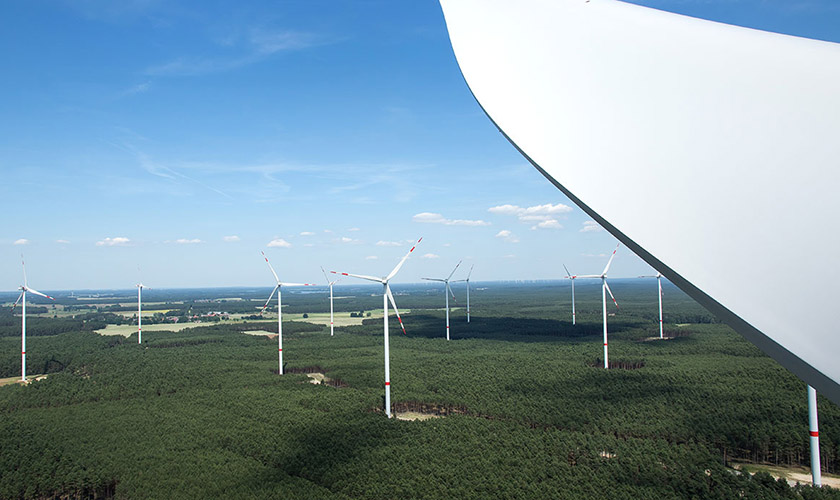Earlier this week Germany set out a €54 billion package to cap gas prices for companies and households from next year, with more earmarked for electricity. These aid bills will be partly financed by a windfall tax on energy companies. Bloomberg claims to have seen a draft law that would skim earnings above €130 a megawatt-hour for solar, wind and nuclear generators. The measures, it says, will apply for 10 months but could be extended to the end of 2024.
This amounts to a huge backwards step for Europe’s largest economy. The war in Ukraine has led to a jump in the cost of gas and the government is understandably trying to soften the blow for businesses and individuals, but disincentivising investment is short-sighted. In addition to the important role renewables play in tackling climate change, they also offer a long-term solution that could largely end Europe’s reliance on imported fossil fuels.
Renewables are the cheapest form of energy available in Europe, but procurement costs are now rising, and these are not being capped. The sector doesn’t need subsidies to thrive, but it does need governments to create the conditions for a free and fair market. Instead of taxing companies more, the German government should consider simplifying the permitting process for wind and solar plants, so that we can build more, faster.
Politicians should be looking ahead to a Europe supplied by a network of technologies generating renewable power at low cost, and available 24-hours a day. Germany’s proposals are a significant blow to such goals. The law is scheduled to pass the upper house by 16 December and could go into effect on 1 January. I can only hope the government recognises the damage it will do to the build out of renewables and rethinks its proposals before then.


